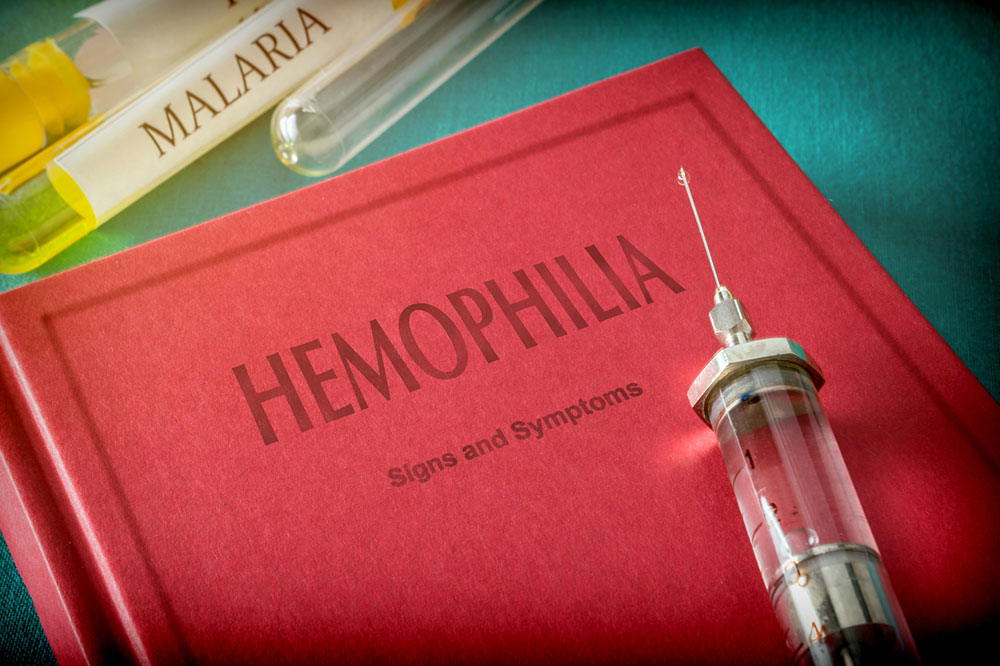Top Strategies for Maintaining Health with Hemophilia
Discover essential strategies to maintain health while managing hemophilia, including proper nutrition, oral hygiene, safe physical activity, injury prevention, and regular medical checkups. These tips help reduce complications and promote overall well-being for individuals with this inherited bleeding disorder.
Sponsored

Hemophilia is a rare genetic disorder where the blood lacks sufficient clotting factors, leading to prolonged bleeding episodes. Individuals with this condition may experience internal bleeding, especially in joints like knees, elbows, and ankles, which can be dangerous. While there is no cure, managing hemophilia effectively involves certain lifestyle choices. Here are five key ways to stay healthy with hemophilia, focusing on nutrition, oral hygiene, physical activity, safety precautions, and regular health checkups.
Adopt a Nutritious Diet
Consuming nutrient-rich foods supports overall health. Recommended foods include oats, whole grains, legumes, leafy greens, and vegetables. These provide essential nutrients such as protein, iron, vitamins, and minerals necessary for red blood cell production and immune support.
Proper nutrition boosts recovery and strength.
Maintain Oral Care
Regular brushing and flossing prevent gum injuries and bleeding, reducing the risk of dental-related complications. Good oral hygiene is especially important for hemophilia patients to avoid injury-induced bleeding during dental visits.
Engage in Safe Exercise
Low-impact activities like walking, swimming, and cycling strengthen muscles and bones. These exercises support overall health and help maintain a healthy weight, but contact sports such as football should be avoided to prevent injuries that can cause bleeding.
Protection during playtime is essential.
Ensure Safety at Home and Outdoors
Children should wear helmets when cycling and use seatbelts in vehicles. Home interiors should be free of sharp edges and hazards that might cause injuries. Proper supervision and safety equipment are vital in reducing injury risk for children with hemophilia.
Schedule Regular Medical Checkups
Routine visits to healthcare providers allow monitoring of bleeding episodes and early detection of complications. Vaccinations against hepatitis A and B are recommended to prevent infections, enhancing overall health management for those with hemophilia.






